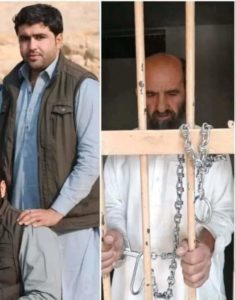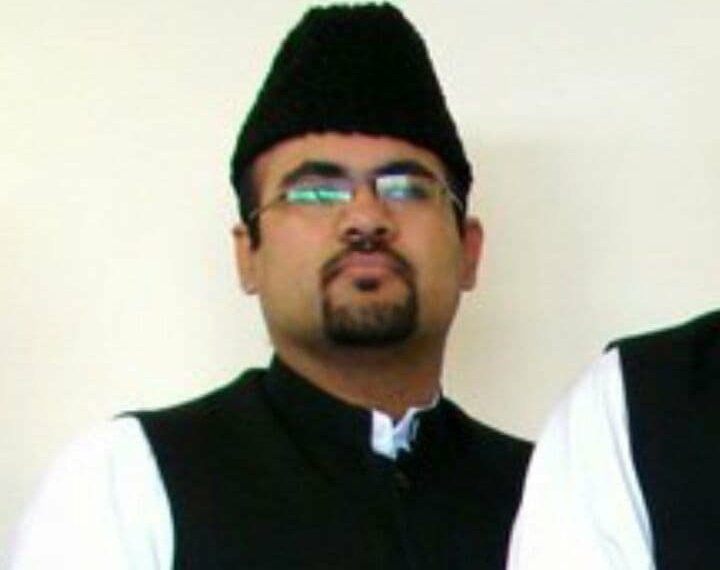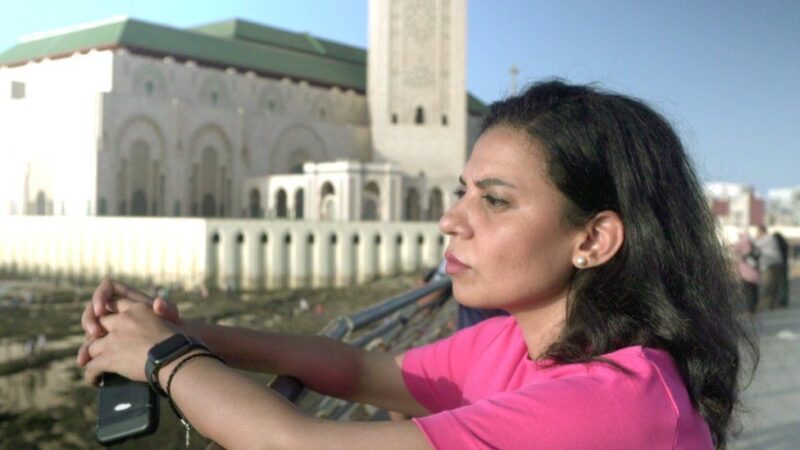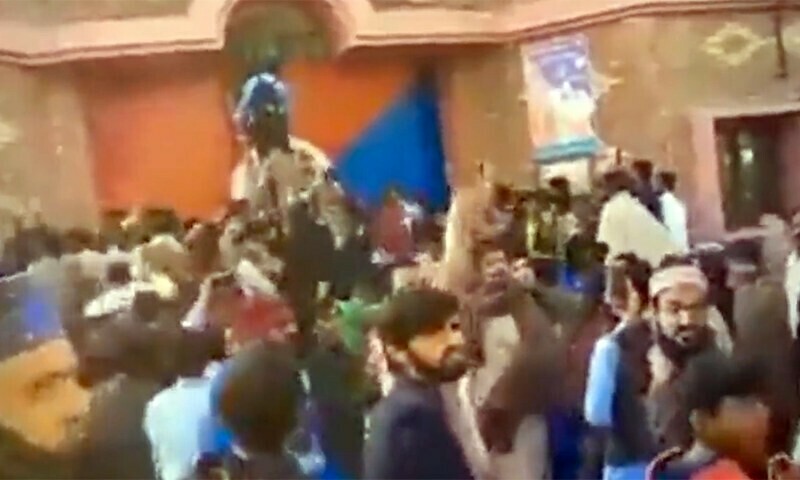Cop becomes hero after killing a blasphemy accused at Quetta police station

This tragic incident in Quetta reflects the severe consequences of blasphemy accusations in Pakistan, where emotions surrounding religious sensitivities often escalate into violence. Abdul Ali, the elderly man accused of blasphemy, was charged under Section 295-C of the Pakistan Penal Code, a law that carries harsh penalties, including the death sentence, for offenses related to disrespecting the Holly Prophet Muhammad (PBUH).
The situation took a violent turn when a mob gathered outside Kharotabad police station, demanding that the accused be handed over to them, highlighting the intense public reaction to such allegations. In response, the police transferred Abdul Ali Quetta Cantt Police station for his safety, but a police constable Sayed Khan Sarhadi took matters into his own hands, fatally shooting the accused with his official weapon.
The aftermath of Abdul Ali’s killing paints a disturbing picture of societal reactions to blasphemy-related incidents in Pakistan. Following news of his death, reports indicate that local residents began visiting the home of the officer responsible for the shooting, offering their support and presenting flowers to his parents. This reaction suggests that, for some, the officer’s actions were seen as commendable, reflecting the deep emotional and religious fervor that blasphemy cases often ignite.
This kind of public response underscores the immense pressure on individuals and institutions to conform to the expectations of a community in matters of faith. The veneration of the officer as a hero by segments of the population complicates efforts to ensure justice and uphold the rule of law. It highlights the challenge authorities face in balancing religious sensitivities with legal accountability, especially when public sentiment heavily leans toward vigilante justice.
The societal approval of extrajudicial actions not only undermines the judicial process but also fuels a cycle of violence where accusations of blasphemy can lead to immediate and deadly consequences, bypassing due process. This incident, along with the subsequent public reaction, is a stark reminder of how volatile and dangerous the situation can become when religious passions are inflamed.
The fact that the officer responsible for the shooting was arrested suggests an effort to follow proper legal procedures. However, the decision to conduct the post-mortem in a secure location rather than transferring the body to a hospital raises questions about the sensitivity and security concerns surrounding this case.
This incident underscores the challenges law enforcement faces in handling blasphemy cases, which often become flashpoints for mob violence. The power of social media, as seen with the viral video, further complicates these situations, amplifying outrage and increasing pressure on authorities. The ongoing investigation will be critical in determining accountability, but this case is a stark reminder of the volatility surrounding blasphemy accusations in Pakistan.




